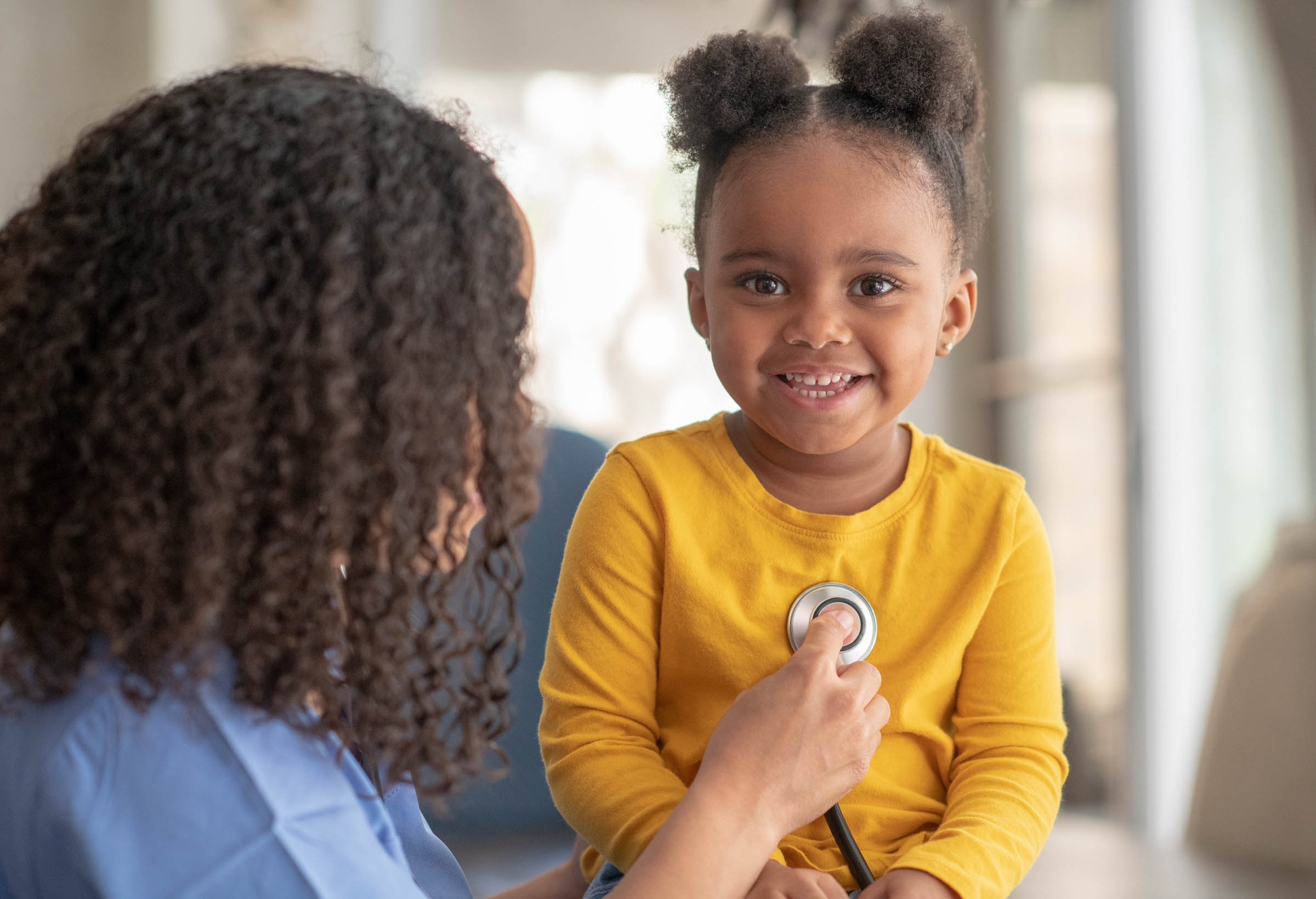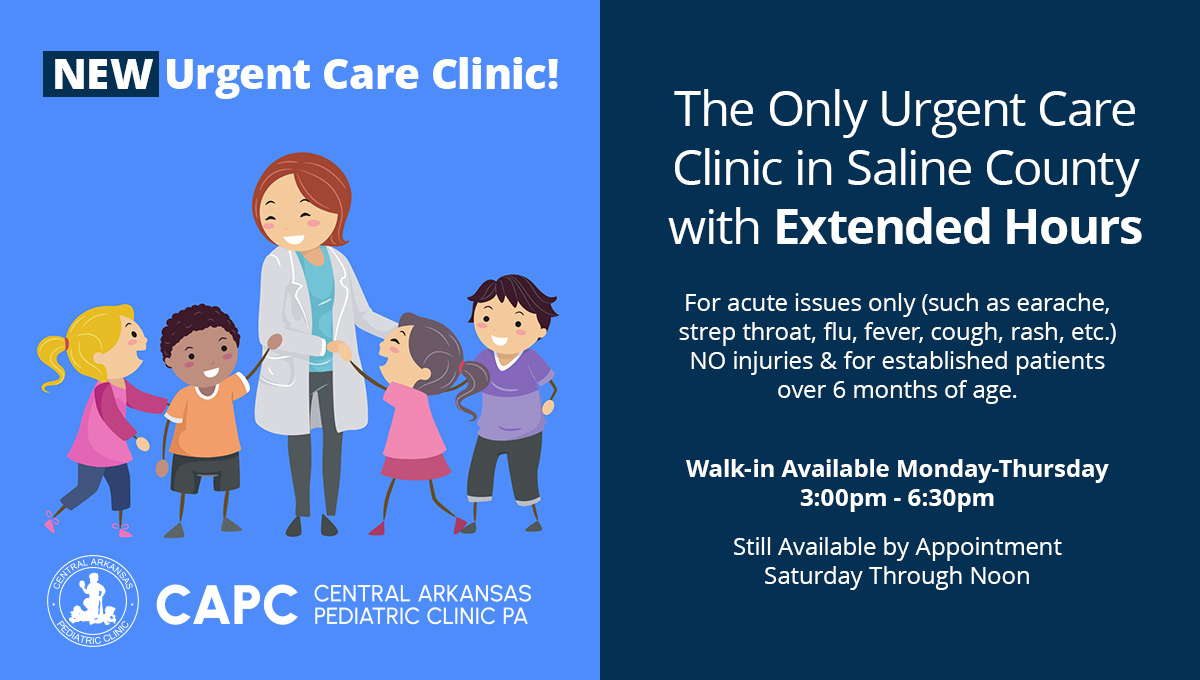
FOR PARENTS
Toddlers & Preschool
Get ready. Get set. Go! Parents, your babies are growing up and getting busy. While this is the time of the “terrible twos”, it is also an exciting time of growth, development, learning, and maturity. The physicians at CAPC understand that with all these changes come a whole new set of concerns and questions. We encourage you to continue bringing your children in for their yearly check-ups to make sure they are growing and developing as expected. The sooner a problem is identified, the quicker it can be managed.
Below are a few frequently asked questions not specifically covered in the Parent Handbook.
Frequently Asked Questions
How can I get my toddler to eat a wider variety of foods?
Most toddlers are picky eaters and may not eat much. This is nothing to be too concerned about as long as they are growing and developing normally. While mealtime should not be a battle, it is your responsibility to offer a variety of healthy foods. Your toddler isn’t going to starve himself if he doesn’t get chicken nuggets (or whatever his current favorite food is) every day. But, know they are going to have preferences, just like you do, and may not eat everything on their plate.
My toddler is constantly moving. Is this a sign of hyperactivity or normal?
At this age, your child will seem to be continually on the go – running, kicking, climbing, jumping. This yearlong energy spurt certainly will keep you on the go. But take heart – his activity level will strengthen his body and develop his coordination. All children are “hyper” at times but true ADHD (attention-deficit/hyperactivity disorder) is a condition of the brain that makes it hard for children to control their behavior. These kids have frequent, severe problems that interfere with their ability to live normal lives. ADHD usually is not diagnosed at this age.
When should I try to start potty-training?
Many toddlers start showing signs of being ready to potty train between 18 and 24 months of age. Some may be ready at an earlier age while others may not be ready until they are 2 ½ years or even older. It is important to wait until your child starts showing signs they are ready such as: staying dry for longer periods of time, comprehending the urge to go, and having the ability to communicate their need to go.
Every child is different so don’t stress yourself or your child by insisting they start potty-training before they are ready. Try to make it a fun experience and remember to praise your child’s successes and even their failed attempts. Most children achieve bowel control and daytime urine control between 3 and 4 years of age and are able to stay dry during the night after 5 years of age.
Browse our Online Parent Handbook!
Our one-stop guide for parents is now online! Click the button to access helpful information about the most common pediatric symptoms and concerns.
